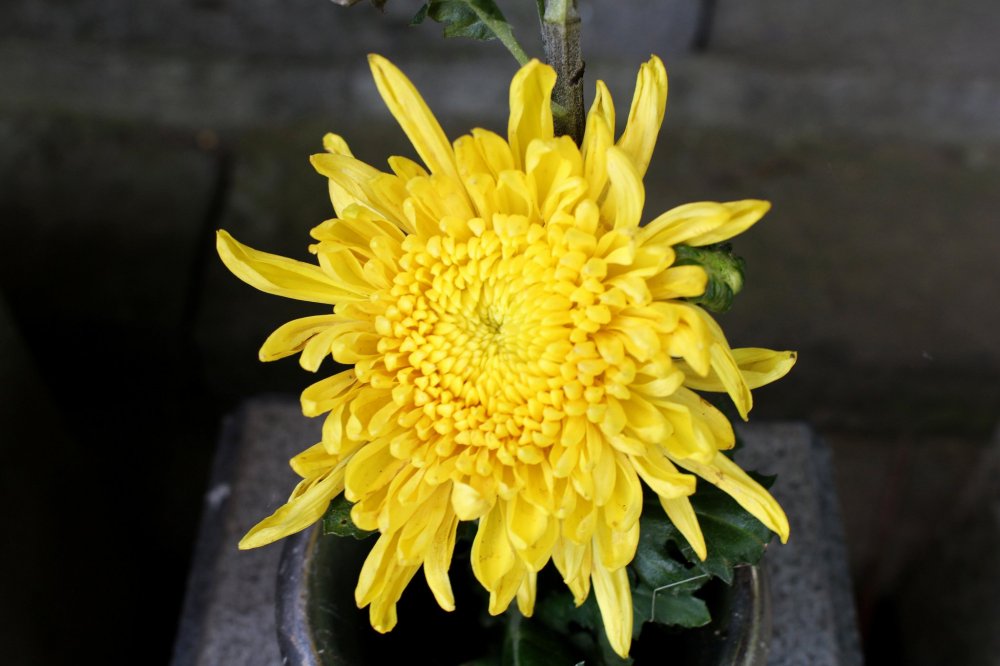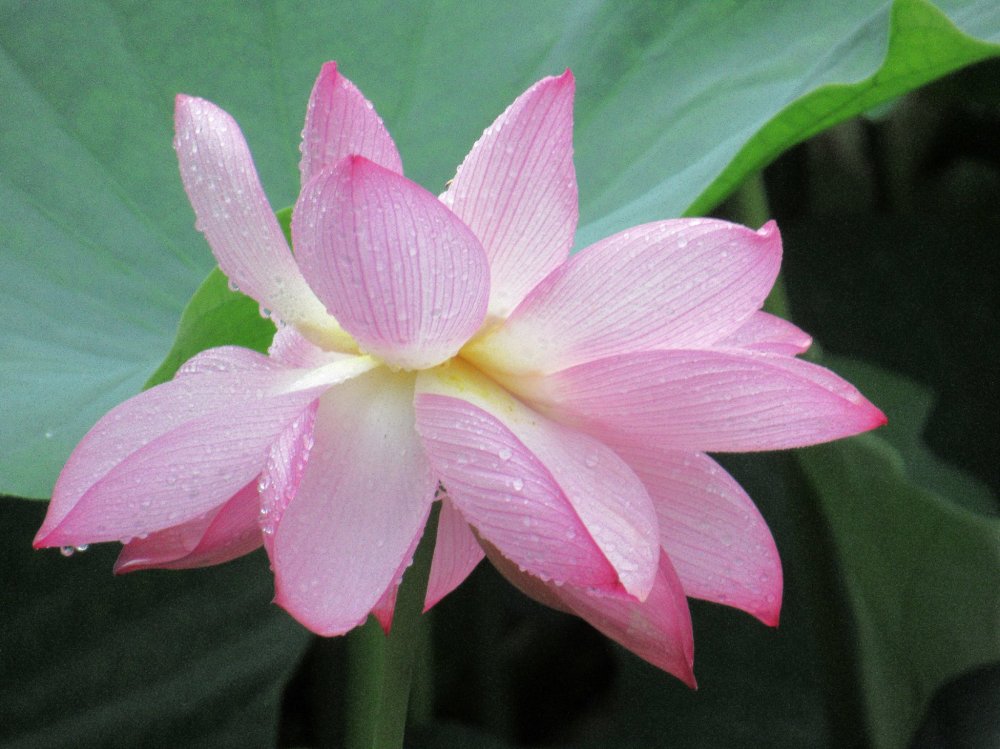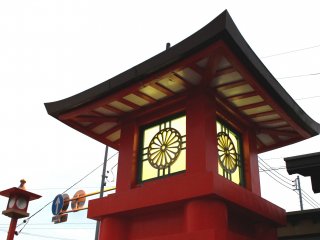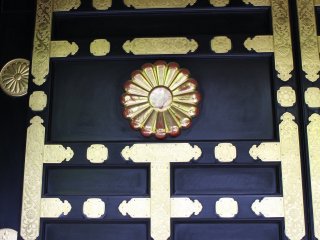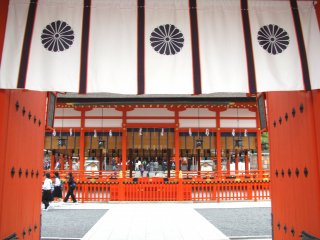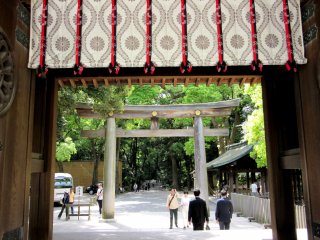Visiting many places in Japan I often came across different emblem-like ornaments. Naturally, I wanted to learn more about them and after some research, I learnt that those ornaments are family emblems or crests known as ‘kamon.' I also learnt that they are available not only for the Imperial family but for 'common' families too.
Among kamon designs, images flowers and trees are quite common and each has its own meaning. For many centuries the emblem of the Imperial family has been the chrysanthemum flower. Its different images can be found in the important shrines such as Meiji Jingu in Tokyo, Fujisan Hongu Sengen in Fujinomiya, Fushimi Inari Taisha in Kyoto, Zuihoden in Sendai and in many others. The chrysanthemum is the state flower of Japan and is called 'kiku' in Japanese and symbolises the sun. Another plant used for the Imperial emblem is ‘kiri’ or paulownia which represents good fortune and the favour of the gods.
I also come across images of sakura flowers. No need to say how popular they are, and thinking of Japan's sakura, the idea of association comes up first. In Japan the image of sakura represents loyalty to traditions which is an important thing in Japanese culture.
Visiting Nikko I found many emblems of the Tokugawa clan featuring three leaves of the mallow. Mallow or ‘aoi’ in Japanese is considered to be the flower of the gods and a symbol of longevity. Along with aoi were images of ‘botan’ or a peony symbolising welfare and prosperity. In Nikko, the botan images I saw were carved from wood.
Some of the other kamon images also have interesting meanings. Lotus or ‘hasu’ means loyalty to Buddha; plum or ‘uma’ means courage, the melon flower or ‘uri’ is a symbol of survival and is pictured on the kamon of the Oda clan, while the mandarin or ‘tachibana’ represents health, immortality and wisdom and was often used as a symbol of personal protection by military leaders.


